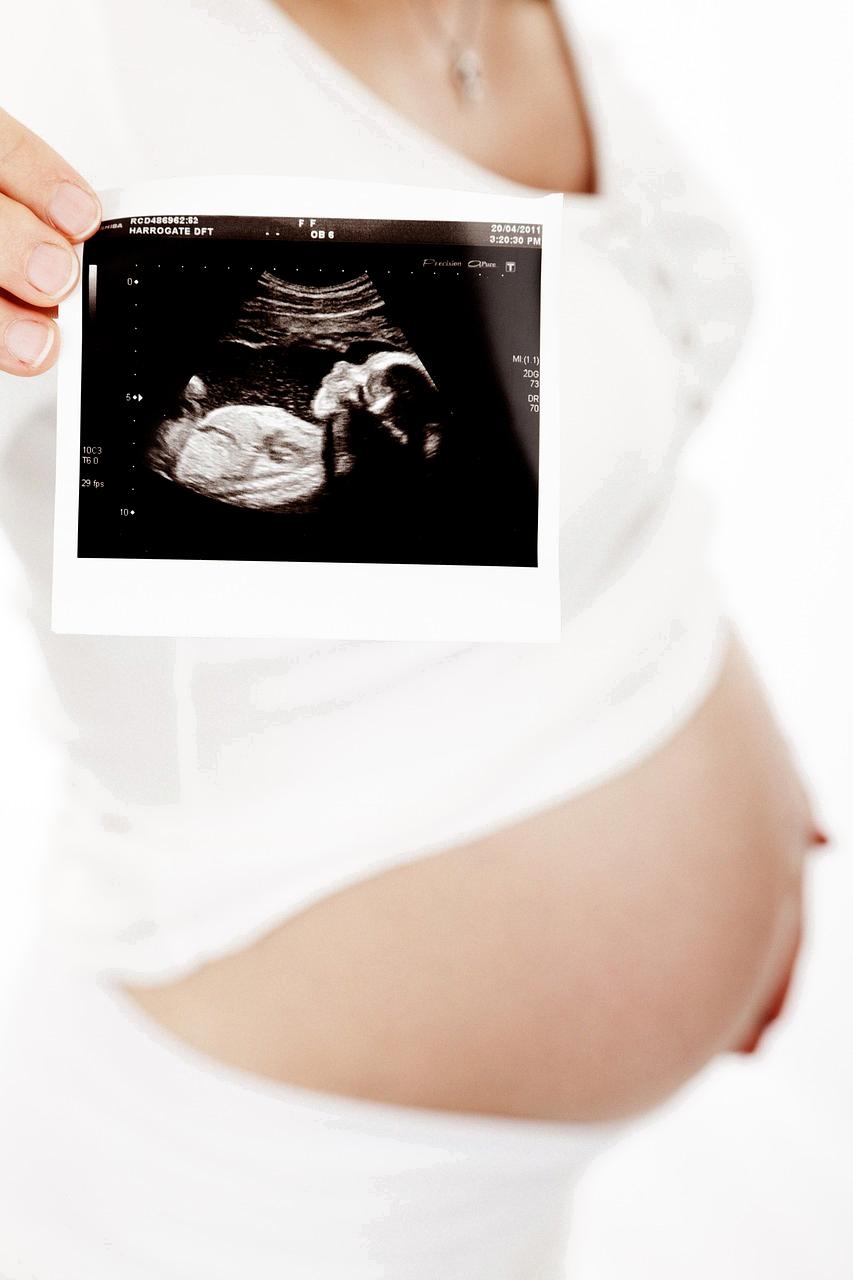Being pregnant comes with its own set of concerns, and when you’re exposed to illnesses like parvovirus, it can understandably be stressful. Parvovirus, also known as slapped cheek syndrome, is highly contagious and can potentially pose risks to both you and your unborn baby.
If you suspect that you have been exposed to parvovirus during pregnancy, the first and most crucial step is to contact your healthcare provider immediately. Your doctor can provide guidance on the necessary steps to take to protect yourself and your baby.
One of the key actions your healthcare provider may recommend is conducting a blood test to determine if you are immune to parvovirus. If you are immune, it means that you have previously been exposed to the virus and are unlikely to contract it again, reducing the risk to your baby.
For pregnant women who are not immune to parvovirus and have been exposed to someone with the infection, close monitoring is essential. Your doctor may recommend regular check-ups and ultrasounds to assess the baby’s development and detect any potential complications early on.
While the risks of parvovirus to your baby are generally low, there is a small chance of complications, particularly in the first half of pregnancy. In rare cases, parvovirus infection during pregnancy can lead to fetal hydrops, a condition characterized by severe fluid accumulation in the baby’s tissues.
If you do develop symptoms of parvovirus, such as a rash, fever, or joint pain, inform your healthcare provider immediately. While there is no specific treatment for parvovirus, your doctor can recommend supportive care measures to help alleviate your symptoms and monitor your baby’s well-being.
In some instances, if you are exposed to parvovirus and not immune, your doctor may recommend immunoglobulin therapy to help reduce the severity of the infection and protect your baby. This treatment aims to boost your immune response and minimize the risk of complications.
It’s important to note that most cases of parvovirus exposure during pregnancy do not result in adverse outcomes. The majority of babies born to mothers who have been exposed to parvovirus do not experience any long-term health issues related to the infection.
However, every pregnancy is unique, and the impact of parvovirus exposure can vary from person to person. That’s why seeking prompt medical advice and following your healthcare provider’s recommendations are crucial steps in ensuring the well-being of both you and your baby.
As a pregnant woman, prioritizing your health and staying informed about potential risks is key. By being proactive and seeking medical guidance in the event of exposure to parvovirus, you can take proactive steps to protect your pregnancy and mitigate any potential complications.

